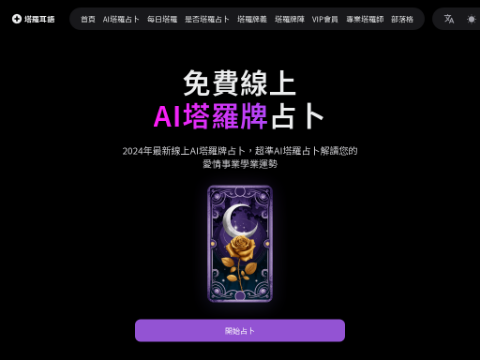Did you know? Many existing voice AI systems often struggle to go beyond a few emotions, but Kyutai's Moshi breaks this norm. It is a new type of voice AI model that can display over 70 emotions and speaking styles, and its performance in real-time conversations is astonishingly realistic, making people almost forget that they are interacting with a machine. By integrating complex processes into a single deep neural network, Moshi sets a new benchmark in the field of voice AI.
Kyutai's breakthrough in voice AI
Moshi takes an important step forward in the field of conversational AI with its superior emotional expression and diverse speaking styles. This advanced model demonstrates extraordinary realism in real-time conversations, effectively overcoming the limitations of traditional voice AI and providing users with an unprecedented experience.
Limitless possibilities of emotions and styles
One of the most remarkable features of Moshi is its wide range of emotional expressions and rich speaking styles. It can easily handle over 70 emotions, ranging from joy and excitement to sadness and worry. At the same time, it can switch between various speaking modes, including whispering, singing, different accents, and formal or informal tones, making conversations more nuanced and contextually relevant. This high adaptability is particularly important in areas such as customer service, virtual assistants, and entertainment, greatly enhancing the human-like experience for users.
Seamless experience in real-time conversations
Moshi also performs exceptionally well in real-time conversations, showcasing Kyutai's technical prowess with its extremely low latency. By integrating complex processes into a single deep neural network, Kyutai has created an efficient and responsive system. This simplified architecture allows Moshi to process and generate speech at unprecedented speed and accuracy, ensuring a natural and smooth flow of conversation.
It is worth mentioning that Moshi's training process deviates from conventional text-dependent methods and instead uses annotated speech data. This approach of learning directly from audio data enables the model to have a deeper understanding and generation of speech, accurately capturing the subtleties of human speech, such as intonation, stress, and pauses, thereby giving conversations a more natural flavor.
Seamless integration of multimodal interactions
Moshi also possesses powerful multimodal capabilities, being able to simultaneously listen to and generate audio, ensuring uninterrupted flow of conversation. This feature is particularly valuable in scenarios such as customer support and social interactions, effectively handling overlapping speech or interruptions. Additionally, Moshi can display text-based thought content during the interaction, providing a visual representation of the model's understanding and decision-making process, aiding in training and optimization, and ensuring accurate and precise responses.
Continuous optimization for upgraded conversational abilities
To further enhance Moshi's conversational abilities, the Kyutai team has used synthetic dialogues for fine-tuning, covering a wide range of topics and scenarios, ensuring Moshi can effortlessly handle various conversational contexts. They have also collaborated with an outstanding voice actor to tailor a coherent and natural voice for Moshi, further enhancing the user experience.
The launch of Moshi undoubtedly marks an important milestone in the history of voice AI technology. Its advanced features combined with Kyutai's commitment to security and ethics indicate that Moshi will become the primary interface for future AI systems. With the continuous progress and improvement of technology, Moshi is expected to completely transform the way we communicate with AI systems, opening up new chapters in fields ranging from personalized virtual assistants to intelligent customer support agents.








